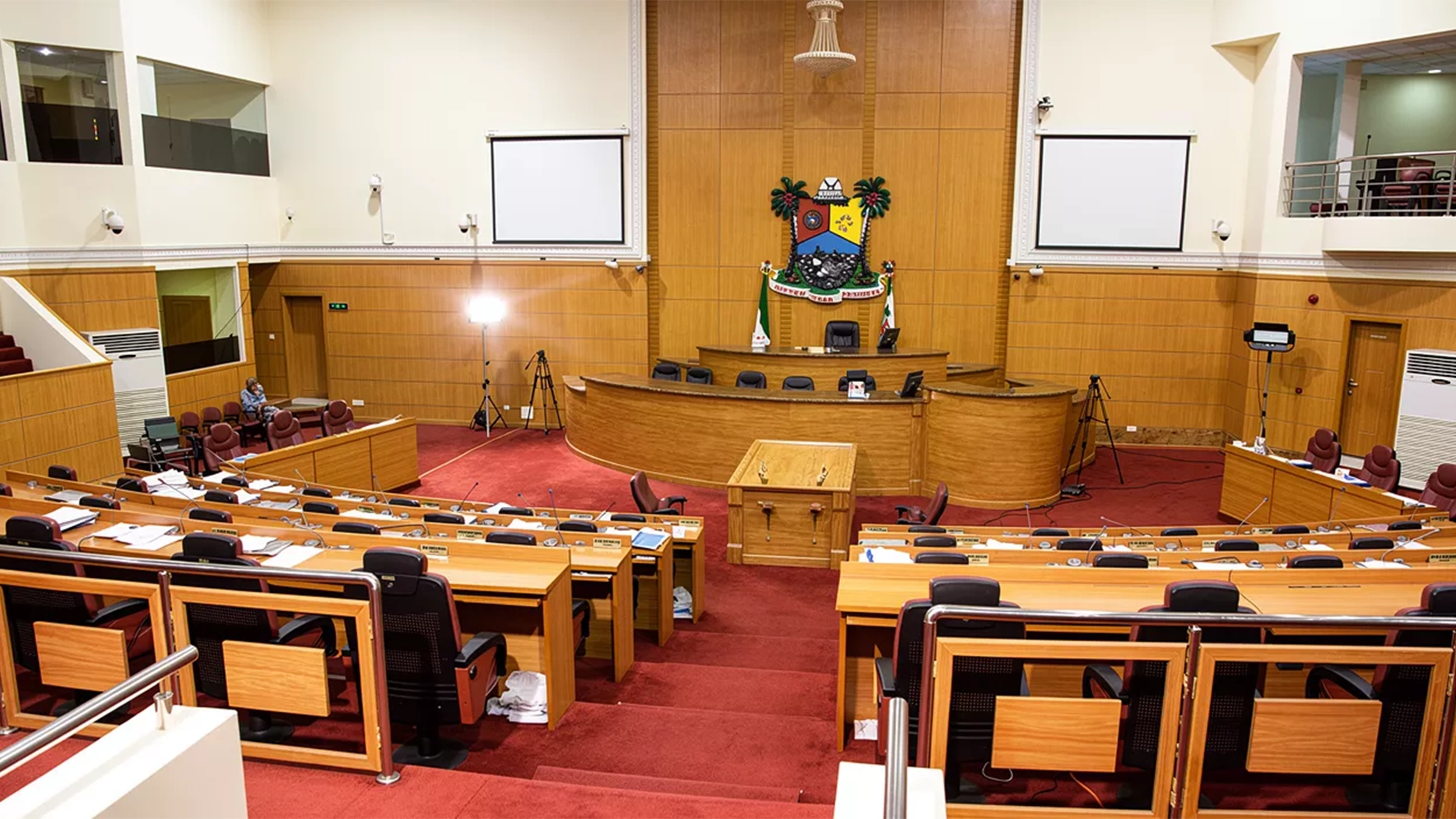• Refutes retaliation claims as U.S. imposes new visa rules
The Federal Government has debunked claims that it suspended the issuance of five-year multiple-entry visas to United States citizens, describing the reports as false and misleading.
This clarification was after the U.S.government shortened the validity of most non-diplomatic visas issued to Nigerian citizens, from the long-standing two to five years multiple-entry arrangement to single-entry visas valid for just 90 days.
However, Minister of Foreign Affairs, Yusuf Tuggar, said Nigeria won’t cave in to pressure from the Donald Trump administration to accept Venezuelan deportees from the U.S.
The new policy took effect on July 8, 2025, and affects categories such as B1/B2 (business and tourism).
The announcement from the White House caused widespread concern among Nigerians, particularly frequent travellers, students and businessmen, many of whom feared the move signalled a diplomatic rift or retaliation. Some online commentary further fuelled speculation that Nigeria had first reduced visa privileges for U.S. nationals, prompting Washington’s response.
However, the Presidency firmly rejected such narratives, yesterday, stressing that Nigeria had not made any change to its visa policy for Americans.
Tuggar, who was a guest on Channels Television’s Politics Today programme, yesterday, said Nigeria “has enough challenges” of its own and won’t be a dumping ground for Venezuelan prisoners deported from the US amid Trump’s crackdown on undocumented migrants.
President Bola Tinubu joined other world leaders to attend the BRICS Summit in Rio de Janeiro, Brazil, from July 6 to 7, 2025.
On the final day of the summit held by the 11-member economic and political force with Chinese influence, Trump announced his decision to hit “anti-American” BRICS nations, including China, India and Nigeria, with an extra 10 per cent trade tariff.
The minister said the tariff hike threat might not have to do with Nigeria’s participation in the BRICS summit.
Tuggar said, “The issue of tariffs may not necessarily have to do with us participating in the BRICS meeting. You have to also bear in mind that the U.S. is mounting considerable pressure on African countries to accept Venezuelans to be deported from the US, some straight out of prisons.”
“It would be difficult for countries like Nigeria to accept Venezuelan prisoners into Nigeria. We have enough problems of our own; we cannot accept Venezuelan deportees to Nigeria. We already have 230 million people.”
“President Bola Tinubu never stopped the five-year non-immigrant visa for US citizens,” the statement reads. “In fact,one of his earliest directives was for all bilateral agreements, including visa arrangements, to be upheld in full. Our foreign policy is anchored on reciprocity and mutual respect, not retaliation.”
According to the U.S. State Department, the revised visa regime is part of a “global reciprocity realignment”, a policy aimed at ensuring that US visa rules mirror the treatment Americans receive in other countries.
Alongside Nigeria, Cameroon and Ethiopia have also seen similar changes to their visa terms, indicating that the move is not Nigeria-specific, but part of a broader diplomatic recalibration.
Despite the confusion, Nigeria’s five-year multiple-entry visa for US citizens, introduced in 2020 in line with US demands for visa parity, remains in effect.
That policy was designed to correct previous imbalances where Nigerians received long-term US visas, while Americans got only short-term entry permits to Nigeria.
What has likely caused misunderstanding is Nigeria’s e-visa system, which offers short-term, 90-day single-entry visas online to travellers, including Americans.
However, officials clarified it as an optional pathway, which does not replace the five-year visa issued through embassies and consulates.
“The availability of a 90-day visa option is not evidence of any downgrade,” the Presidency explained. “It is simply a flexible entry route for short-term visitors.”
The US changes are already affecting many Nigerians. Frequent travellers must now contend with more paperwork, shorter planning windows, and higher visa renewal costs.
“It’s not just a minor adjustment, it could have real consequences for professionals, students and families who rely on stable travel access,” says a lawyer who prefers anonymity.
In light of this, ongoing diplomatic engagement is underway between Nigeria’s Ministry of Foreign Affairs and the U.S. Embassy in Abuja. Both sides are reportedly exploring ways to ensure continued travel convenience while respecting national security and immigration policies.






